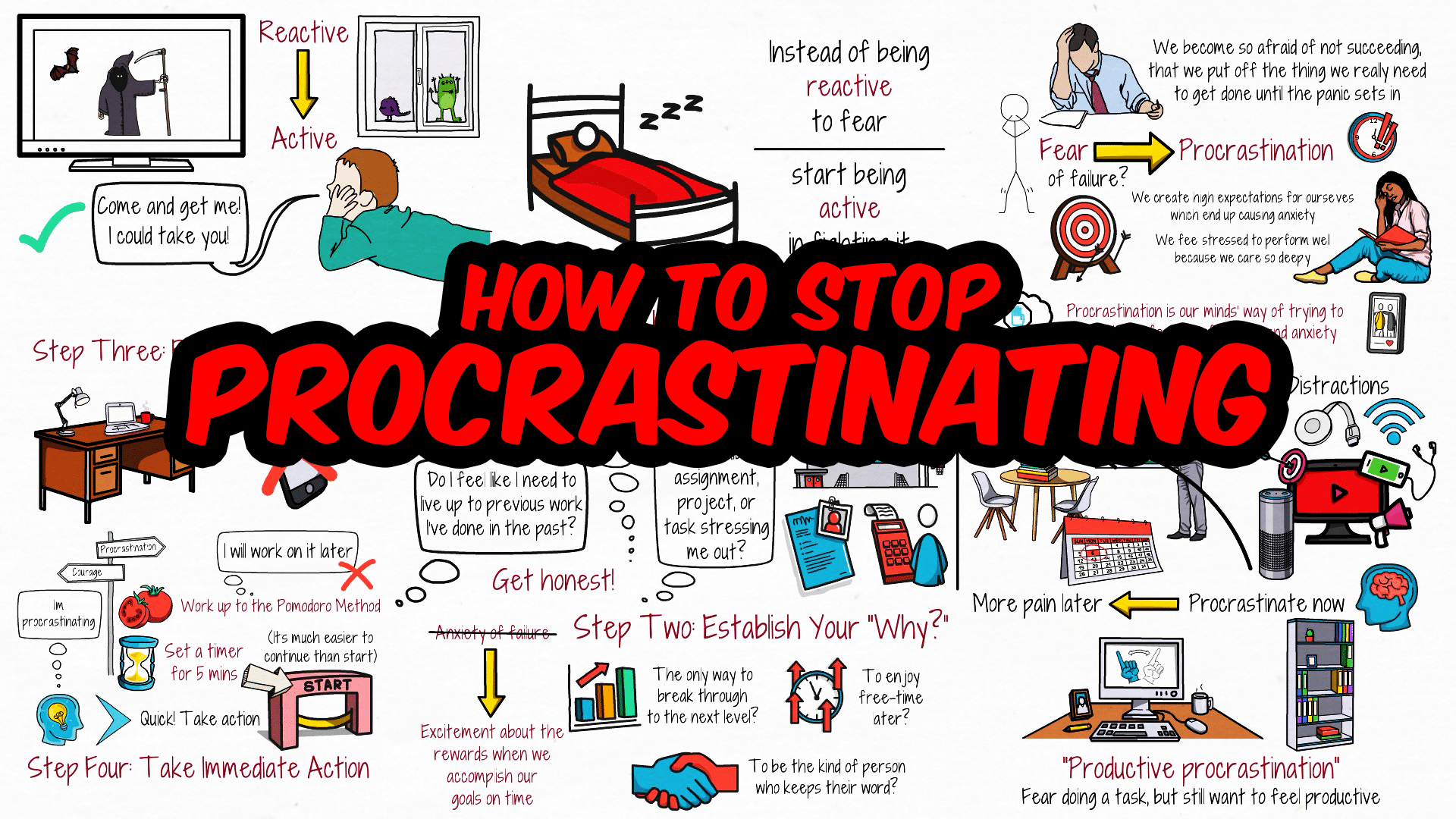The Science Behind Procrastination, Emotional Dependency, and Impostor Syndrome
The Science Behind Procrastination, Emotional Dependency, and Impostor Syndrome
Blog Article
In today's fast-paced world, many individuals struggle with mental and emotional challenges that hinder their success. Among these, procrastination, emotional dependency, and impostor syndrome stand out as common issues. But how can we overcome them?
In this guide, we will explore the root causes and strategies to address these three challenges. By understanding their impact and learning to manage them effectively, you can build a healthier mindset and achieve your goals.
Understanding Procrastination and Its Impact
Procrastination refers to postponing important activities even when you are aware of the consequences. It often stems from fear of failure, lack of motivation, or poor time management.

The effects of procrastination, it can procastinacao lead to stress, missed procrastinando o que é opportunities, and reduced productivity. To combat procrastination requires practicing self-discipline and breaking tasks into smaller steps. Consider techniques like the Pomodoro Technique or setting realistic deadlines to stay on track.
What is Emotional Dependency?
Emotional dependency occurs when an individual relies heavily on others for validation, support, or happiness. While human connection is essential, emotional dependency turns detrimental when it leads to a lack of independence.

Symptoms often include a fear of rejection, difficulty making decisions independently, and constant seeking of external approval. To overcome emotional dependency, it’s crucial to build self-confidence and cultivate self-reliance. Therapy, mindfulness practices, and journaling can provide significant support.
Recognizing and Managing Impostor Syndrome
Impostor syndrome refers to a psychological phenomenon where someone feels like a fraud despite evident success. People with impostor syndrome tend to undermine their abilities rather than skill or effort.

Impostor syndrome often results in anxiety, self-doubt, and hesitation to pursue new opportunities. To overcome impostor syndrome involves challenging self-critical beliefs and acknowledging personal successes. Seeking feedback from trusted peers and setting realistic expectations can also help you build confidence.
Steps to Overcome Procrastination, Emotional Dependency, and Impostor Syndrome
To navigate these issues, consider the following strategies:
- Create a routine to combat procrastination and set achievable goals.
- Recognize triggers that contribute to your emotional reliance and foster personal resilience.
- Acknowledge your strengths regularly and seek professional guidance if needed.
Consistency is key, so keep practicing these methods to achieve lasting transformation.
Conclusion: Taking the First Step
These challenges may seem daunting, but they are manageable with the right strategies. With awareness and consistent effort, you pave the way for a healthier, more fulfilling life.
Start today by acknowledging where you stand and implementing small but meaningful changes. Always keep in mind: progress is a journey, not a destination.
Report this page